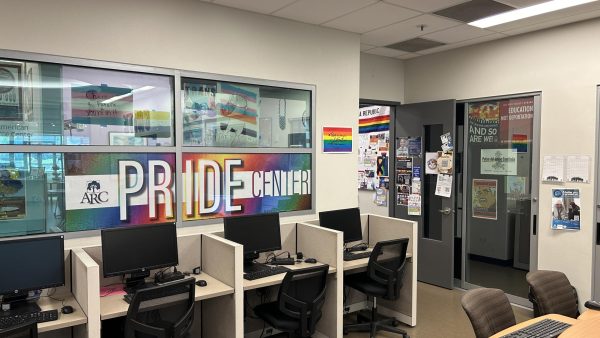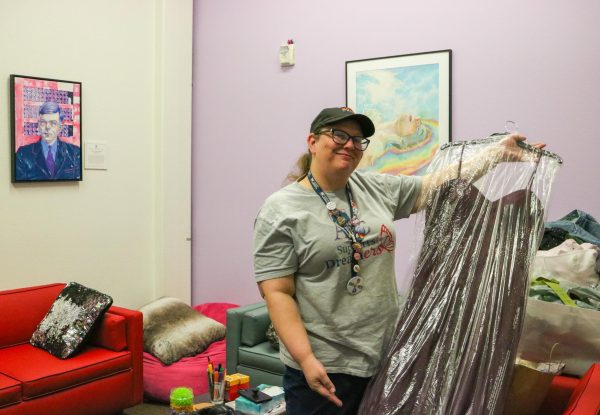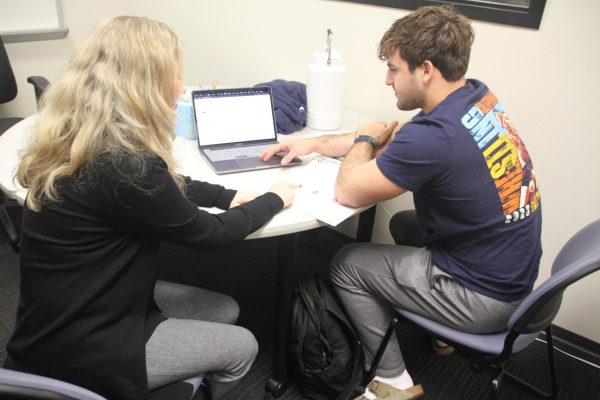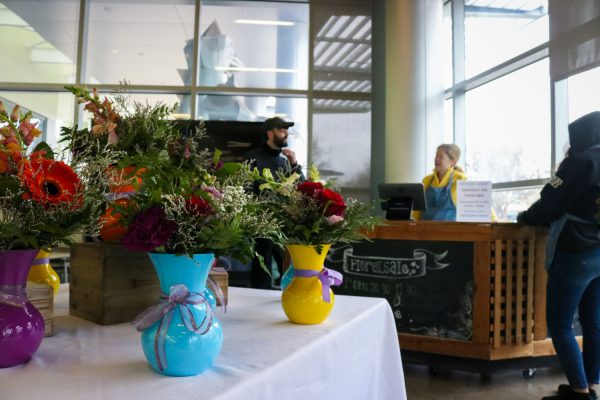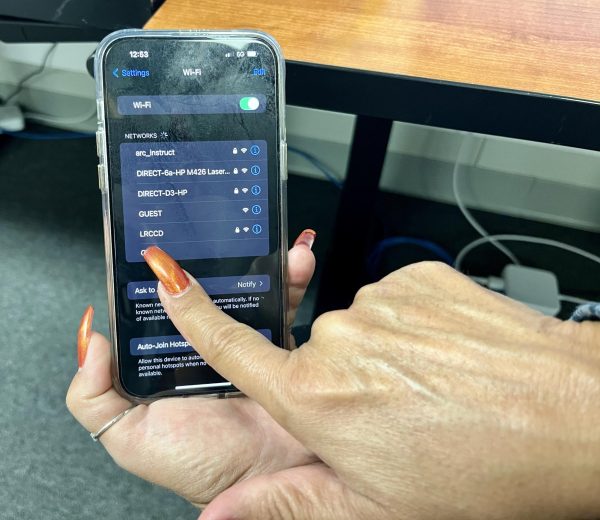Consequences of the COVID-19 pandemic have hit international students the hardest
Because of the COVID-19 pandemic, international students are also dealing with challenges during this time in quarantine, including the new travel restrictions that prevent them from visiting their families and also keeping up with their immigration statuses.
Kevin Joon Tai Kim, a student and a peer mentor for international students at American River College, said it’s been a big adjustment
“As a student, it’s a big adjustment for me. Luckily all [my] classes [were] easier to do the transition online since I’m a computer science major. It’s easier to go online. It was a fairly non-difficult adjustment for me,” Kim said. “I think for international students – all of them continue in the U.S. At least they got support to continue their education.”
Kim also said that the difficult part about being a peer mentor is being far from the students.
“I think as a peer mentor, [it] was tougher for me especially with [the] international students program because they are very interpersonal and very hands-on stuff. It seems like even though we have Zoom and email, we lose the personal [relationship] with our students,” Kim said. “Especially with international students, because they don’t have their families and friends here in the U.S., so [this] would be tougher for them”.
Yesenia Castellon is the student support specialist for International Students at ARC who also expressed some of her concerns about the situation with the students and the program.
“I think the loss of the physical contact, just because it’s easier for me to answer a question quickly so if someone came in, they [can get] accurate responses,” Castellon said. “I think we are trying to do our best, and I think the hardest thing is the traveling part for them.”
Castellon emphasizes the challenges with enrollment for international students for the following semester and what impact the program might have on that.
“Luckily, there [is] still interest. We [are] still processing admissions. The hard part is, even though we process the admissions, the visa folks have to issue visas and right now, visas in the world [have been] suspended. There is a lot of interest and we are still processing applications,” Castellon said. “But I do think that is going to [have] an impact on new students coming, purely because we can’t move now.”
The other protocol that international students have to follow, that is required by law, is to be enrolled in at least 12 units, according to Castellon. Even with all the issues related to the coronavirus, international students are not allowed to drop the classes due to the federal regulations.
“The only thing that the immigration can be flexible about the 12 units is that some of the classes that cannot be [transitioned] to online, dropping [is] not in our guideline but that doesn’t mean that it won’t change later,” Castellon said




